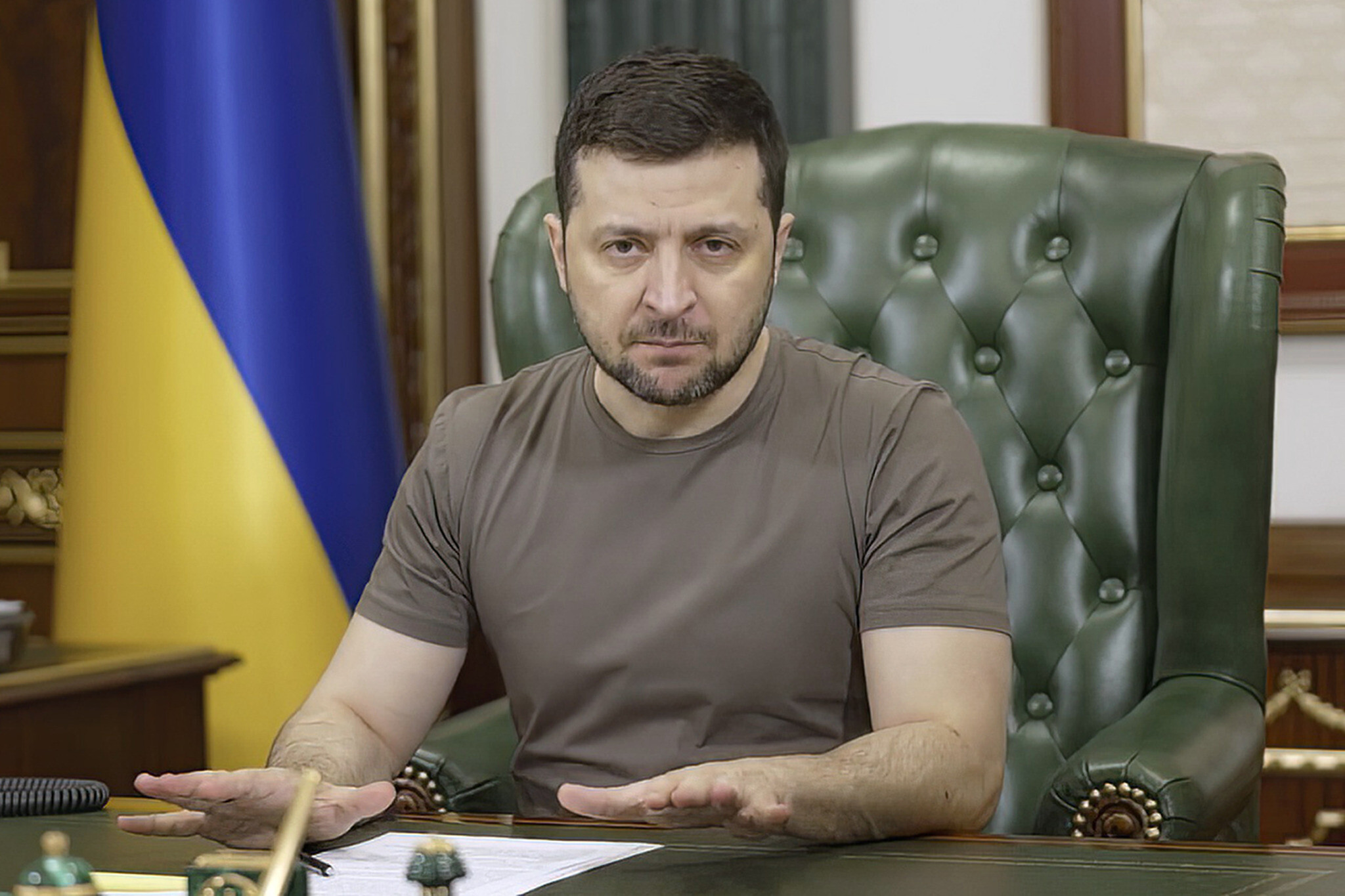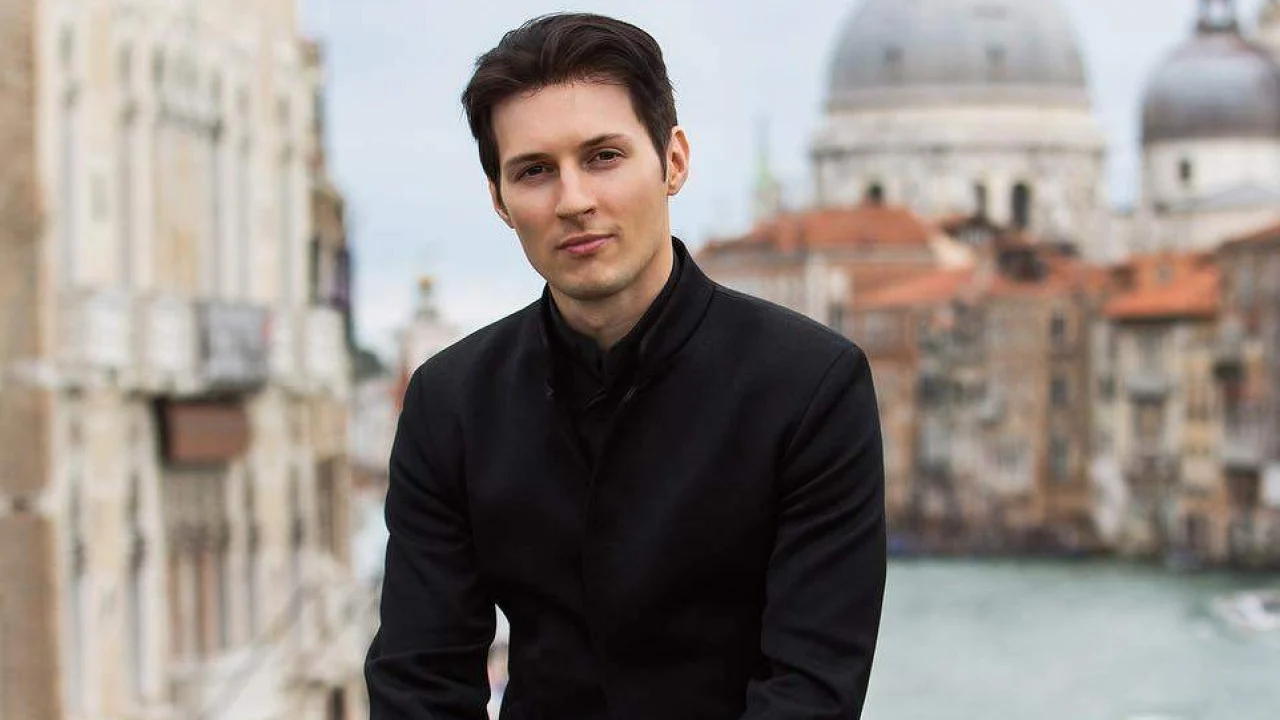Ukraine has made a notable move against the Telegram messenger app, amid the ongoing war with Putin’s Russia.
The Associated Press reported that Ukraine has banned government officials, military personnel and other defence and critical infrastructure workers from installing the Telegram messaging app on their state-issued devices.
Kyiv reportedly described the move as necessary for national security, and it comes amid allegations over Telegram’s links to Russia.
![]()
Ukraine government ban
According to AP, Ukraine’s National Cybersecurity Coordination Centre issued the ban, which was announced Friday by Ukraine’s Security and Defense Council in a statement on Facebook.
During a meeting on Thursday, the Security Service of Ukraine and the General Staff of the Armed Forces of Ukraine reportedly said Telegram is actively used by Russia for cyberattacks, phishing, spreading malware, establishing user locations, and calibrating missile strikes.
An exception to the ban will be allowed for Ukraine officials who use Telegram in their official duties.
Ukrainian citizens meanwhile are free to use the app in their personal devices, and the app is said to be widely used in Ukraine for texting and reading news, including updates on Russian air attacks.
Telegram is also reportedly the primary way Ukrainian officials, including President Volodymyr Zelenskyy, engage with the general public and relay developments in the war.
President Zelenskyy is likely to continue using Telegram in his public communications since it is in his official capacity, AP reported.

Ukraine’s intelligence chief, Kyrylo Budanov, said Russian intelligence services are able to access the personal messages of app users, including deleted messages, as well as their personal data, according to the statement.
“I have always advocated and continue to advocate for freedom of speech, but the issue of Telegram is not a matter of freedom of speech; it is a matter of national security,” Budanov was quoted as saying in a statement.
French charges
Pavel Durov, the Russian-born billionaire founder and owner of Telegram, is currently in France after he was arrested amid a police investigation into him allegedly allowing a wide range of crimes on the platform due to a lack of content moderators, coupled with a lack of co-operation with police.

Dubai-based Telegram is widely used in countries across the former Soviet Union and Middle East, and is said to be the most popular instant messaging application in parts of Europe, Asia, and Africa.
Telegram was founded in 2013 by Nikolai and Pavel Durov and has been growing steadily since then. It is said to have close to 1 billion users.
Pavel Durov had left Russia in 2014 after he refused to comply with demands to shut down opposition communities on his VK social media platform, which he sold.
Russian authorities had previously accused Telegram of enabling terrorists to communicate in secret, and the app was also previously used by Islamic State for propaganda purposes.
Telegram has refused to comply with demands Russia’s FSB Federal Security Service which wanted access to some messages and Durov has always been vocal against the sharing of confidential data with government entities.
False flag operation?
Meanwhile Durov has dismissed claims that Telegram is controlled by Russia as a false rumour spread by his competitors worried about Telegram’s growth.
“I would rather be free than to take orders from anyone,” Durov reportedly said about his exit from Russia.
Russia began blocking Telegram in 2018 after the app refused to comply with a court order granting state security services access to its users’ encrypted messages.
However in 2020, access to Telegram was restored in Russia, sparking speculation that Telegram could have ties to the Russian government – an allegation that Telegram continues to deny.
Durov has at times cast himself as a Russian exile, but leaked border data seen by the Guardian showed that he visited Russia more than 50 times between 2015 and 2021, leading to renewed speculation over his links to the Kremlin.




